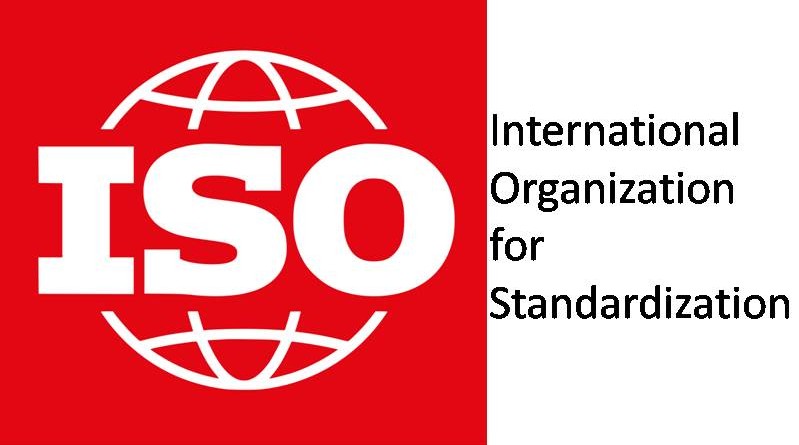First-ever international standard for laboratory testing of cookstoves published
The International Organization for Standardization (ISO) has published the first international standard for laboratory testing of cookstoves. Developed and approved by international experts from 45 countries, the new standard includes protocols to test and report the emissions, efficiency, safety and durability of cookstoves in a lab setting.
“Standards play a critical role in virtually every industry, delivering transformative impact on safety and performance,” said Sally Seitz, co-Secretariat of ISO Technical Committee 285 (ISO TC 285) and senior program manager at the American National Standards Institute. “With the publication of this standard, the clean cooking sector is poised to make significant strides toward better products and ultimately, toward improved outcomes for consumers who use them.”
The standard, which replaces an ISO International Workshop Agreement from 2012, is expected to serve as the basis for national policies and programs on cookstoves, while also incentivizing manufacturers and developers to improve stove quality and performance. An accompanying ISO technical report that benchmarks performance to voluntary performance targets, or tiers, and provides guidance on how to understand and interpret lab test results was also approved by member countries of the ISO Committee and will soon be published.
Development of the standard, which was supported by the Alliance, was informed by learnings about the advantages and limitations of previous protocols, as well as the latest sector research. A key learning was the need to better reflect local context and practices, and the newly published document allows for customization in reporting, while still maintaining harmonization in testing to compare products.
“The cooperation and dedication of experts from around the world has yielded the standard,” said Richard Ebong, convener of the ISO TC 285 lab testing working group and manager of legal metrology at the Ugandan National Bureau of Standards. “The responsibility is now with national standards organizations and other stakeholders to carry this forward in our countries. I shall do all that’s within my powers to promote the standard.”
This voluntary document provides a framework for organizations, countries and regions to adapt and implement the protocols, metrics, and targets based on their priorities over the coming months and years. ISO standards are reviewed and updated regularly, so these standards can be updated based on future research and on the progress in the cookstove and fuel market.
ISO TC 285 also published a technical report in May that provides harmonized definitions to key terms and concepts used within the sector. In addition, the ISO TC 285 has also been developing guidance on field testing, and it is currently open for ballot at the draft international standard phase. If approved, it is expected to reach the final phase of development in late 2018 or early 2019.
For additional information about the lab standard and voluntary performance targets technical report, and how they might impact your organization and work, please review FAQs here.




